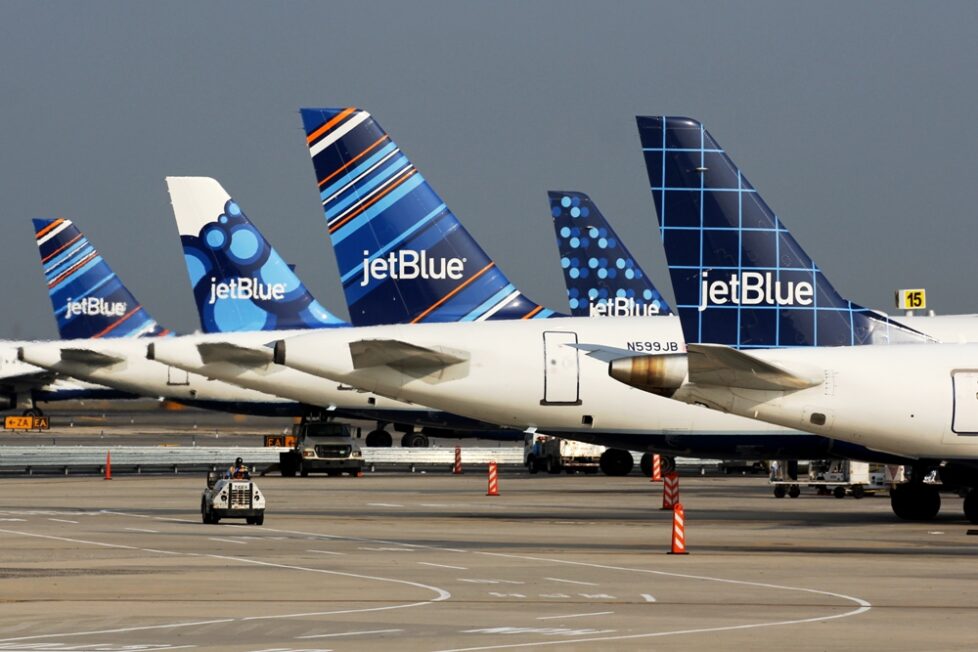JetBlue Signs Deal to Buy “Carbon Negative” Sustainable Aviation Fuel

JetBlue announced today an agreement with Fidelis New Energy to purchase 92 million gallons of sustainable aviation fuel (SAF), produced using biomass energy and incorporating carbon capture and storage to achieve negative lifecycle carbon intensity.
According to the companies, the SAF is expected to be delivered over a five-year term with a targeted start date of 2025.
Dan Shapiro, Fidelis Co-Founder and CEO, said:
“Carbon Negative SAF accelerates the goals of aviation industry participants genuinely committed to decarbonization like JetBlue in a pragmatic and timely manner. We are excited to partner the Grön Fuels GigaSystem with JetBlue for the provision of carbon negative SAF to achieve its environmentalEnvironmental criteria consider how a company performs as a steward of nature. More goals.”
SAF, seen as one of the key tools to help decarbonize the airline industry, is generally produced from sustainable resources, like waste oils and agricultural residues, rather than from fossil fuels. SAF typically generates approximately 80% less lifecycle carbon emissions than conventional jet fuel.
The SAF produced at Fidelis’ Grön Fuels GigaSystem in Louisiana uses a wide array of existing and emerging low carbon intensity feedstocks, and is designed to achieve negative lifecycle carbon intensity by integrating carbon capture and sequestration capturing waste process heat to generate power, producing biogas from byproducts – integrating carbon capture & sequestration (CCS) and biomass energy with CCS (BECCS).
Fidelis said the Grön Fuels GigaSystem was built to be the largest and most efficient renewable fuels facility in North America, estimated to produce 1 billion gallons per year (65,000 barrels per day) of SAF, renewable diesel, and other low carbon products. The company expects to permanently sequester roughly 5 million tons of biogenic CO2 per year from the facility.
Bengt Jarlsjo, Fidelis Co-Founder and COO said:
“The scale of the Grön Fuels GigaSystem will not only help serve this growing need but our commitment to innovative design enables us to do so in the most efficient manner.”
JetBlue announced last year a goal for 10% of its total jet fuel to be from blended SAF by 2030, as well as a target to achieve net zero carbon emissions by 2040.
Sara Bogdan, Director of Sustainability and ESGEnvironmental, social, and governance (ESG) criteria are a set of standards for a company’s operations that socially conscious investors use to screen potential investments. More at JetBlue, said:
“With partners like Fidelis and their carbon negative Grön Fuels GigaSystem, we are not only supplying our own growing SAF needs, we’re sending a powerful signal that significant demand for SAF exists. By introducing negative carbon intensity SAF to our network, we are also taking steps towards reaching true carbon neutrality as an airline.”
The post JetBlue Signs Deal to Buy “Carbon Negative” Sustainable Aviation Fuel appeared first on ESG Today.